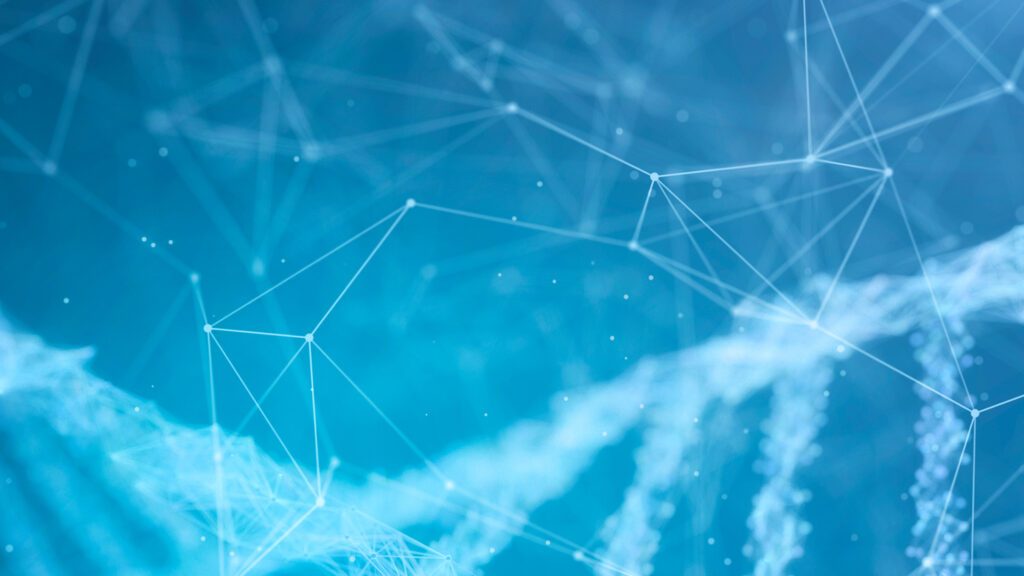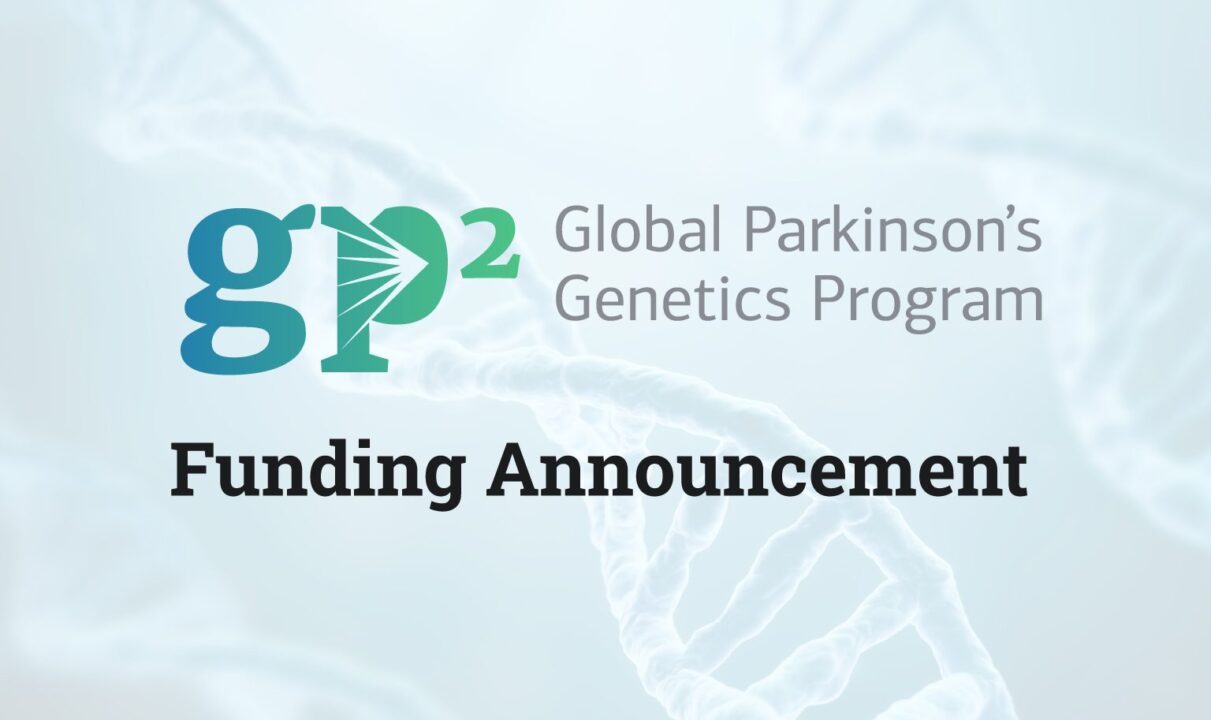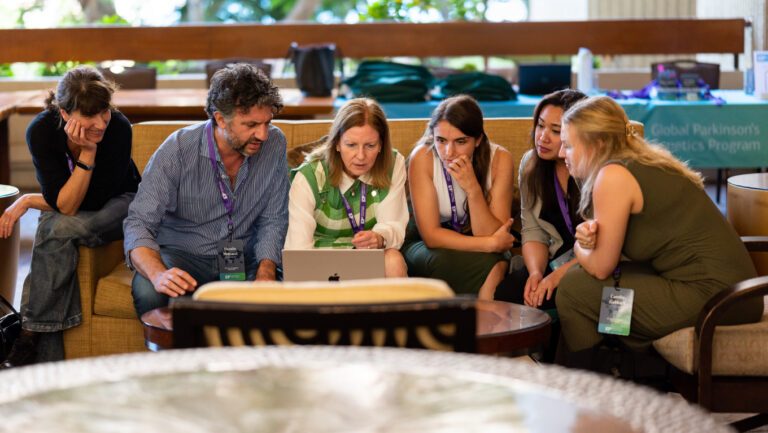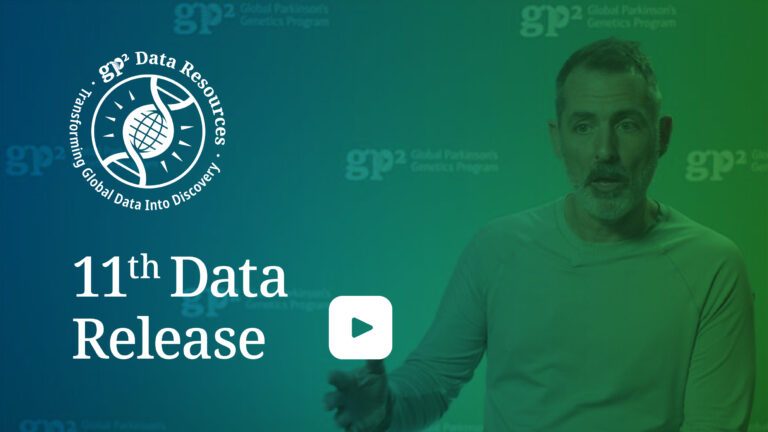GP2’s work is far from done. Securing funding for another five years gives us the opportunity to deepen and extend our global understanding of Parkinson’s disease (PD).
What will this extension fund?
Continued and expanded focus on underrepresented populations.
Currently, GP2 collects and supports efforts in India, Africa, Latin America, East Asia, Central Asia, as well as underrepresented populations in the U.S. through BLAAC PD. This work will continue for the full length of the program.
Further study of ancestries
The extension provides GP2 the opportunity to further expand research across the globe by prioritizing studies in priority ancestry populations especially underrepresented in research.
Examining all angles of Parkinson’s disease
GP2 will now also study the very early stages of PD, by including at-risk populations who are at higher risk of developing Parkinson’s symptoms, but have not yet been diagnosed. Specifically, GP2 wants to work with cohorts that have individuals diagnosed with REM sleep behavior disorder (RBD) or idiopathic hyposmia (ability to detect smell is reduced).
GP2 is also expanding to include “atypical” parkinsonism cases from the parkinsonism clinical spectrum. Atypical cases refer to conditions that have symptoms seen in Parkinson’s but also have additional characteristics that are not common in Parkinson’s. For us to understand Parkinson’s, we should also understand what it is not and how it varies, particularly across populations. The key to personalizing treatment of a global disease is to understand that disease across all populations. That is why GP2 has expanded to include individuals diagnosed with Dementia with Lewy Bodies (DLB), multiple system atrophy (MSA), corticobasal syndrome (CBS) or progressive supranuclear palsy (PSP).
This expansion work will be done with many of GP2’s existing cohorts, but also with the hope of bringing in new cohorts as members. Submit a cohort.




